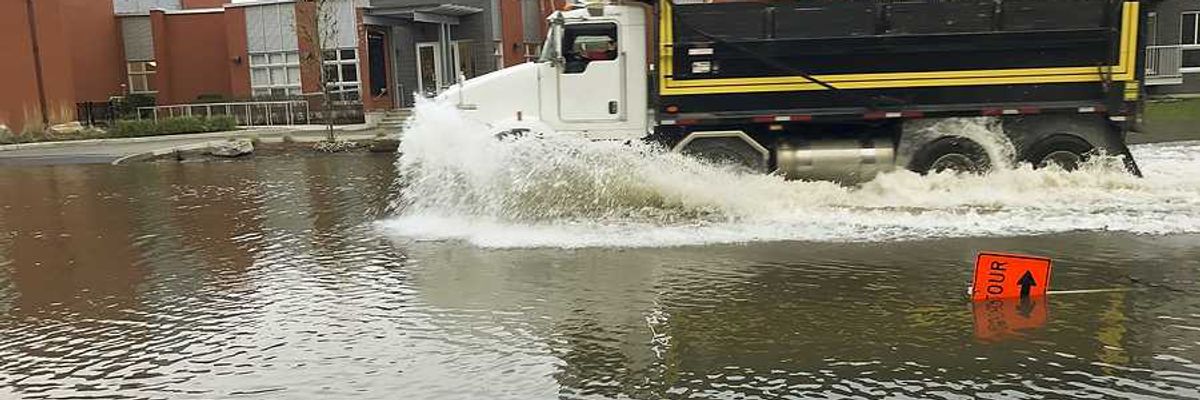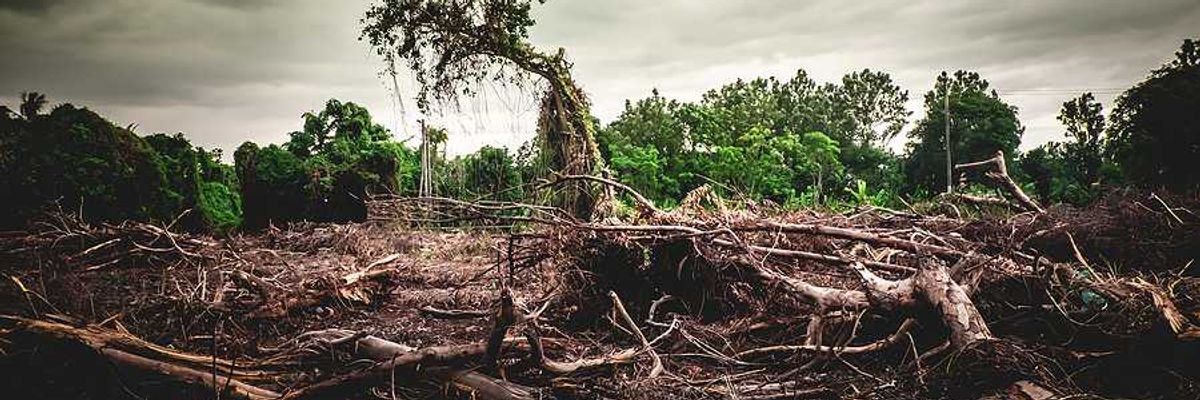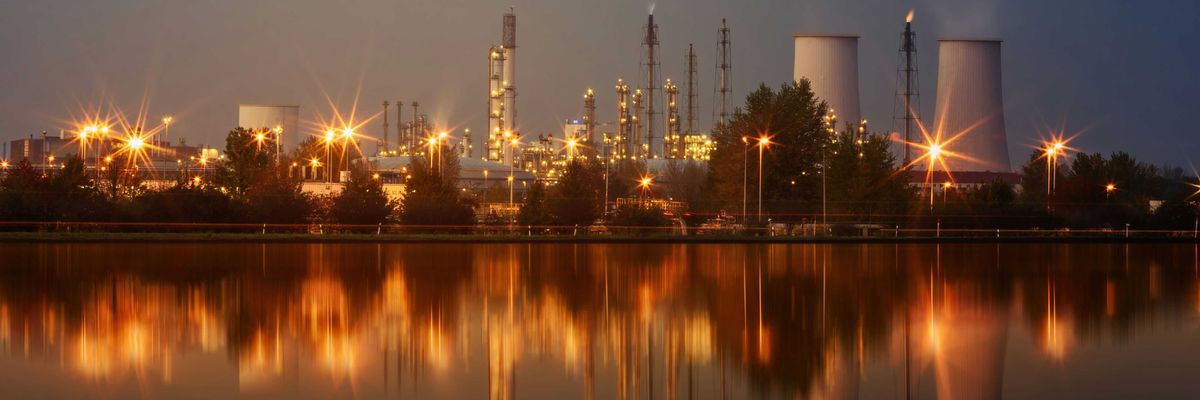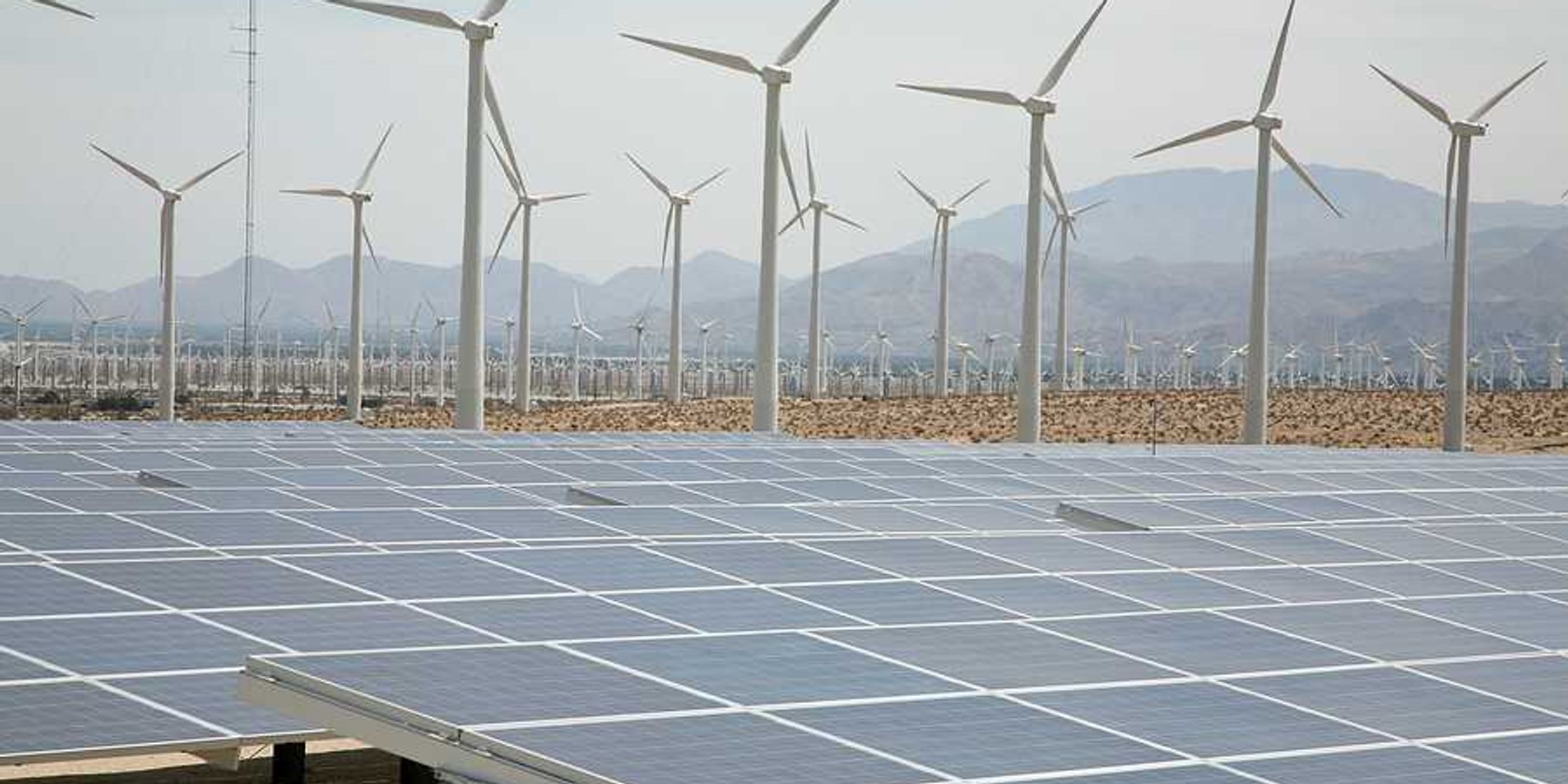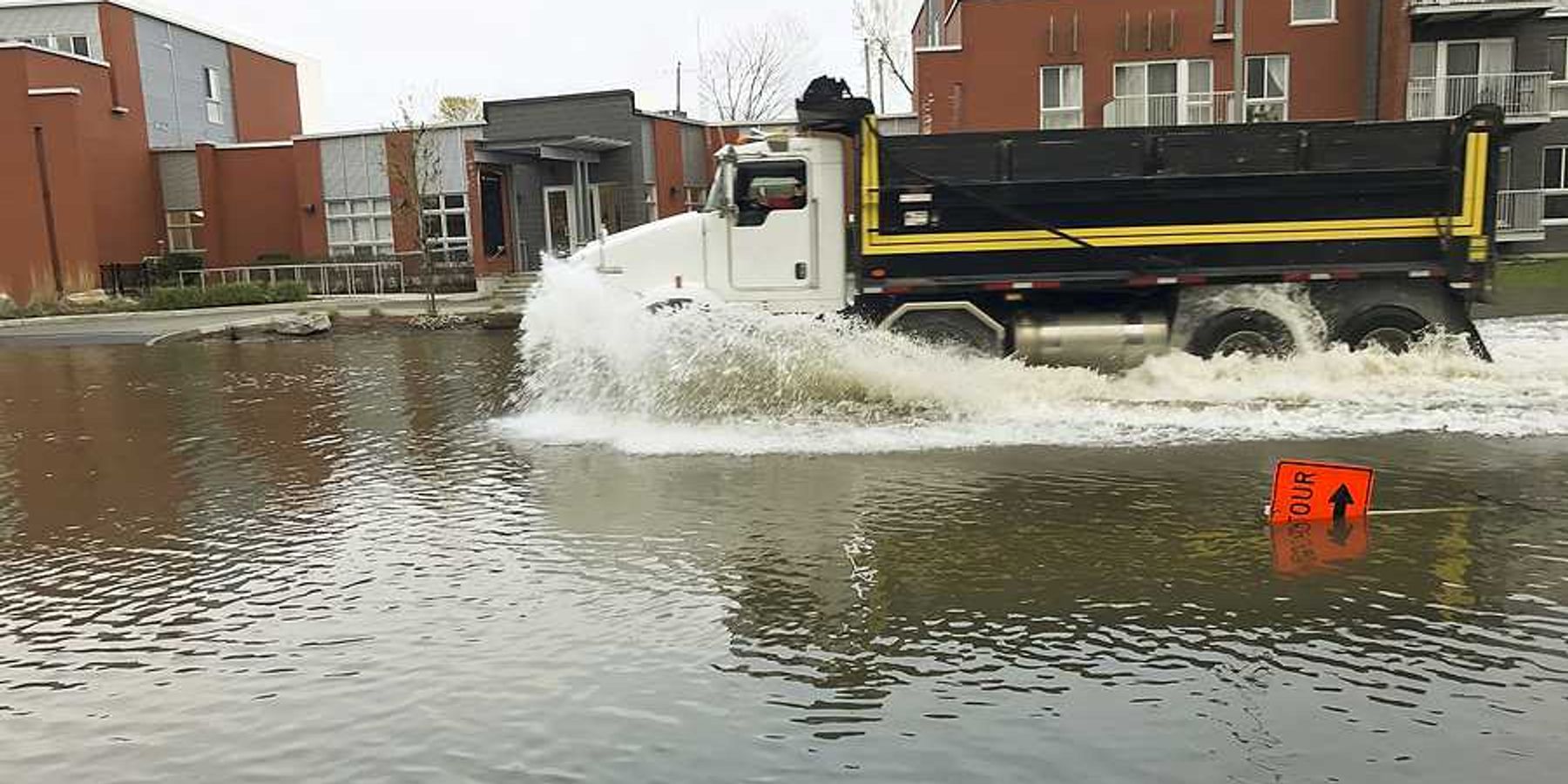tim walz
Minnesota’s new clean energy laws could position Walz as a national climate leader
Governor Tim Walz’s reforms to Minnesota’s clean energy permitting process could make him a key player in national climate policy if Kamala Harris wins the 2024 election.
Jennifer McDermott and Isabella O’Malley report for The Associated Press.
In short:
- Walz signed legislation to streamline permitting for clean energy projects in Minnesota, eliminating some of the biggest bureaucratic hurdles.
- The new law is seen as a model that other states could follow, though replicating it federally may be challenging.
- Walz’s experience with these reforms could shape his role in climate policy if he becomes vice president.
Key quote:
“Any permitting bill that makes it easier to build clean energy infrastructure and getting connected is really vital to all of our climate goals.”
— Ben Pendergrass, vice president of government affairs at Citizens Climate Lobby
Why this matters:
Speeding up the clean energy transition is vital in meeting climate goals. Walz’s legislative experience could be influential in shaping national energy policies.
Walz's shifting stance on environmental policy
Minnesota Governor Tim Walz, once known for his conservative environmental record in Congress, has embraced aggressive climate policies as the vice presidential nominee.
Emma Dumain, Kelsey Brugger and Nico Portuondo report for E&E News.
In short:
- Walz supported controversial projects like the Keystone XL pipeline during his congressional tenure.
- As governor, he shifted to lead Minnesota in adopting stringent environmental policies, including a clean electricity standard targeting net-zero emissions by 2040.
- Observers note Walz’s evolution on climate policy aligns with broader shifts in the Democratic Party's priorities.
Key quote:
“He has evolved as his role has evolved and the issue of climate change has evolved.”
— Trent Bauserman, former congressional climate adviser
Why this matters:
Walz’s evolution reflects the growing importance of climate action in American politics.
Vice-presidential nominee Tim Walz's environmental stance, scrutinized
Minnesota Governor Tim Walz, now the Democratic vice-presidential nominee, faces criticism from environmentalists for his cautious approach to mining in the state, balancing economic development with environmental protection.
In short:
- Governor Tim Walz has been criticized for not taking decisive action against mining developments in Minnesota, despite being viewed as a climate champion. Concerns are raised about potential environmental damage from mining projects near critical watersheds.
- Walz is caught between promoting economic growth and securing resources for clean energy while protecting Minnesota's environment. He supports sustainable mining and maintaining a robust permitting process without overtly opposing mining interests.
- Environmental groups express disappointment in Walz's defense of mining permits and call for stronger regulations, while mining companies and unions see him as pragmatic and supportive of job creation.
Key quote:
“On many issues, he’s been very strong for the environment, but on this one, he’s been on the sidelines.”
— Chris Knopf, executive director, Friends of the Boundary Waters Wilderness.
Why this matters:
Minnesota's untapped nickel and copper deposits are vital for clean energy technology. As demand for these metals grows, the state’s mining policies are under scrutiny for their potential environmental impacts, including water pollution and habitat disruption, and their economic implications for local communities and the broader region.
Related: Tim Walz’s energy record sparks debate on environmental policies
Examining Tim Walz's agricultural ties, climate record
Minnesota Gov. Tim Walz, chosen by Kamala Harris as her vice-presidential running mate, faces scrutiny over his climate policies despite strong agricultural ties.
In short:
- Gov. Tim Walz's agricultural policies have earned him praise from climate advocates, but his support for ethanol and factory farming raises environmental concerns.
- Walz's legislative work, including the SOIL Stewardship Act, highlights his efforts to promote sustainable farming by improving soil health and carbon sequestration.
- Critics point to Walz's support for emissions-intensive agricultural practices, such as ethanol production, which conflicts with his environmental advocacy.
Key quote:
"On biofuels he’s indistinguishable from all the other Republicans and Democrats in Midwestern states, which is bowing at the altar of almighty corn."
— Ferd Hoefner, former policy director, National Sustainable Agriculture Coalition
Why this matters:
Ethanol, often touted as a greener alternative to fossil fuels, still poses challenges in terms of its actual carbon dioxide emissions and the extensive land use required for corn production, the primary source of ethanol in the United States. Meanwhile, factory farming, known for its efficiency in meeting global food demands, continues to be a significant source of methane emissions, a potent greenhouse gas, and often involves practices that can lead to deforestation, water pollution and biodiversity loss.
Related:
Tim Walz’s energy record sparks debate on environmental policies
Minnesota Governor Tim Walz, chosen by Kamala Harris as her vice-presidential running mate, has a mixed energy record, balancing aggressive low-carbon policies with controversial support for an oil pipeline.
Brian Dabbs, Carlos Anchondo, and Jeffrey Tomich report for E&E News.
In short:
- Governor Tim Walz has enacted one of the most aggressive carbon-free power laws in the U.S. but has faced criticism for supporting the Line 3 oil pipeline.
- Walz's energy policies aim to transition Minnesota's power sector to clean energy, yet his stance on fossil fuels has led to both praise and criticism.
- Environmentalists see his selection as a chance to further climate goals, while critics view it as a continuation of existing energy policies.
Key quote:
“His lack of action to stop the Line 3 pipeline shows a troubling deference to fossil fuel interests.”
— Collin Rees, political director of Oil Change U.S.
Why this matters:
Tim Walz's selection as Kamala Harris’s running mate highlights the ongoing tension between advancing clean energy and maintaining fossil fuel infrastructure. His energy record reflects the complex challenges of balancing environmental progress with economic and political realities.
Related:
Harris taps Minnesota Governor Walz as her vice-presidential pick
Vice President Kamala Harris chose Minnesota Governor Tim Walz as her running mate, highlighting his strong climate change record and appeal to working-class voters.
In short:
- Governor Walz is known for his environmental initiatives, such as Minnesota’s push for 100% carbon-free electricity by 2040 and stricter vehicle emissions standards.
- Climate advocates, including the Sunrise Movement and Sierra Club, praised Walz for his leadership on clean energy and efforts to create safer communities.
- Walz’s folksy style and commitment to progressive causes like climate change make him a strategic choice to unify and energize Democratic voters.
Key quote:
“He gets that climate action isn’t about politics, it’s about protecting our small towns and cities. It’s about creating safer and healthier communities for our kids and grandkids.”
— Gina McCarthy, former EPA Administrator
Why this matters:
Walz stands out as a candidate who can bring a much-needed focus on environmental issues to the national stage. His blend of environmental advocacy and practical policymaking could provide a strong foundation for the administration's climate initiatives, making him a natural ally for Harris and a hopeful choice for climate advocates nationwide. Read more: Minnesota enacts nation’s broadest ban of “forever chemicals.”
Opinion: Kamala Harris has significantly influenced the climate policy agenda
Kamala Harris has played a pivotal role in shaping the U.S. climate policy by advocating for and implementing progressive measures during her tenure as vice president.
In short:
- Kamala Harris has been instrumental in passing significant climate legislation, along with cleaner water and community investments.
- She pushed for the largest investment in environmental justice, with over $40 billion dedicated to disadvantaged communities.
- Harris's influence extends to shaping bipartisan infrastructure packages, including funding for electrifying school buses and replacing lead pipes.
Key quote:
"We must act with a sense of urgency. We must be swift. We still have so much more to do."
— Kamala Harris, Vice President of the United States
Why this matters:
Stokes, a political scientist and professor at the University of California Santa Barbara who focuses on environmental and climate policy, points out that the next U.S. president will play a crucial role in determining whether the goal of halving emissions in half by 2030 is achieved. While Donald Trump has promised to roll back environmental rules, Harris has worked behind the scenes to advance environmental justice and climate action.
Related EHN coverage:

